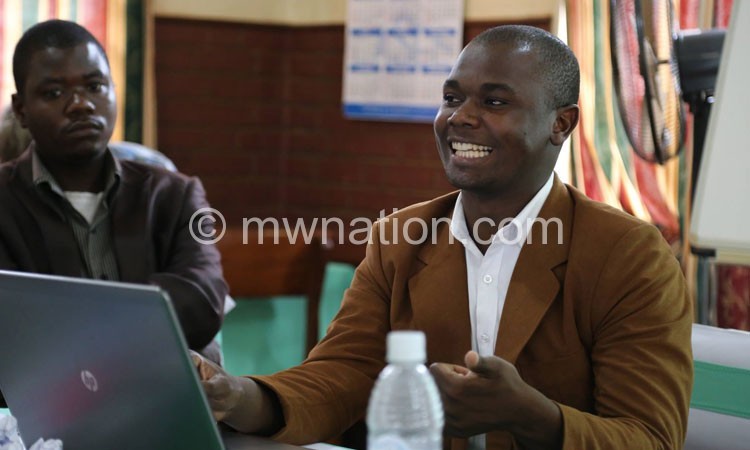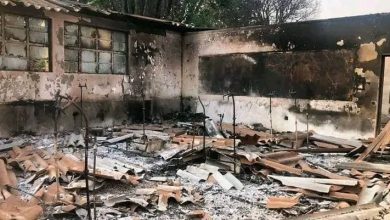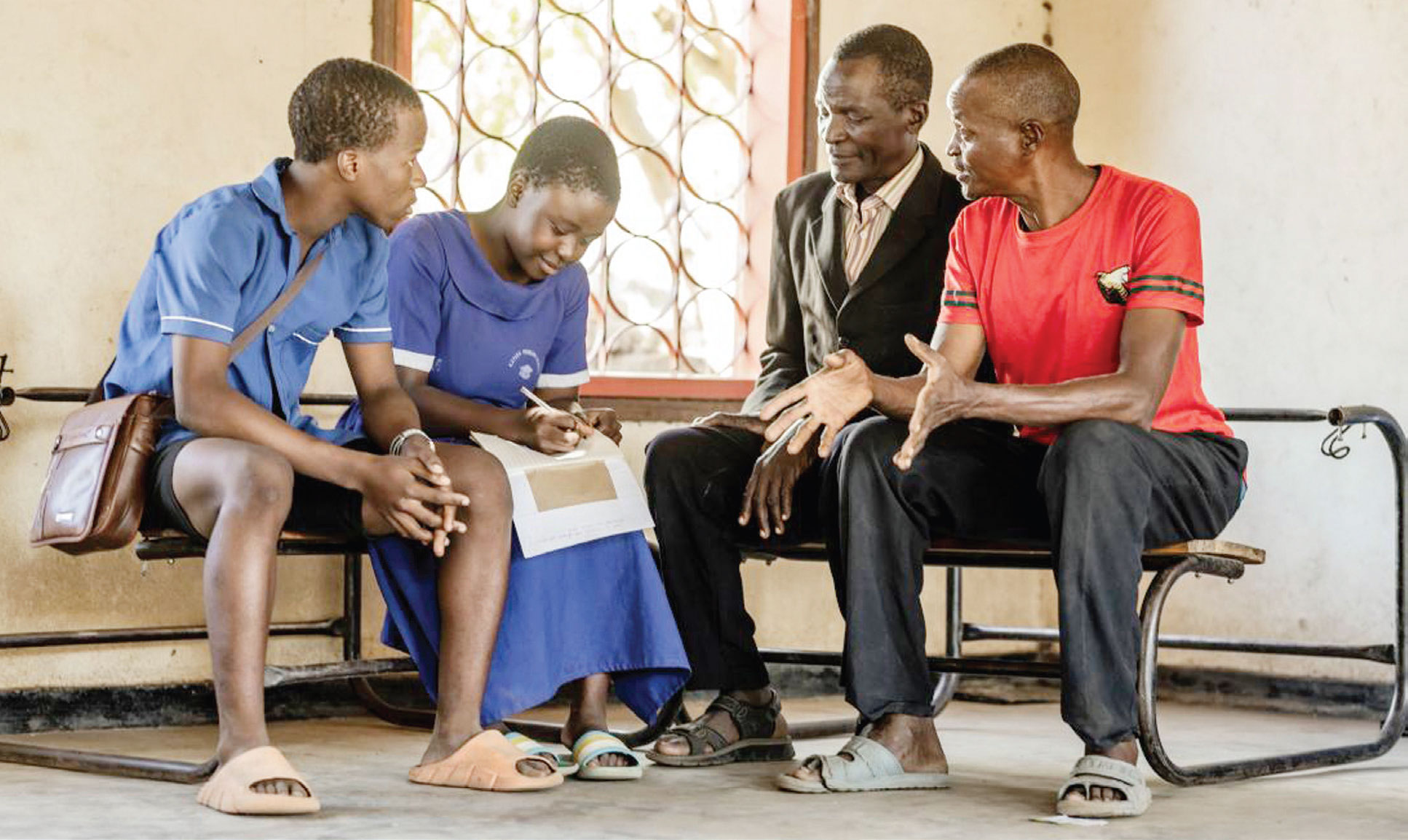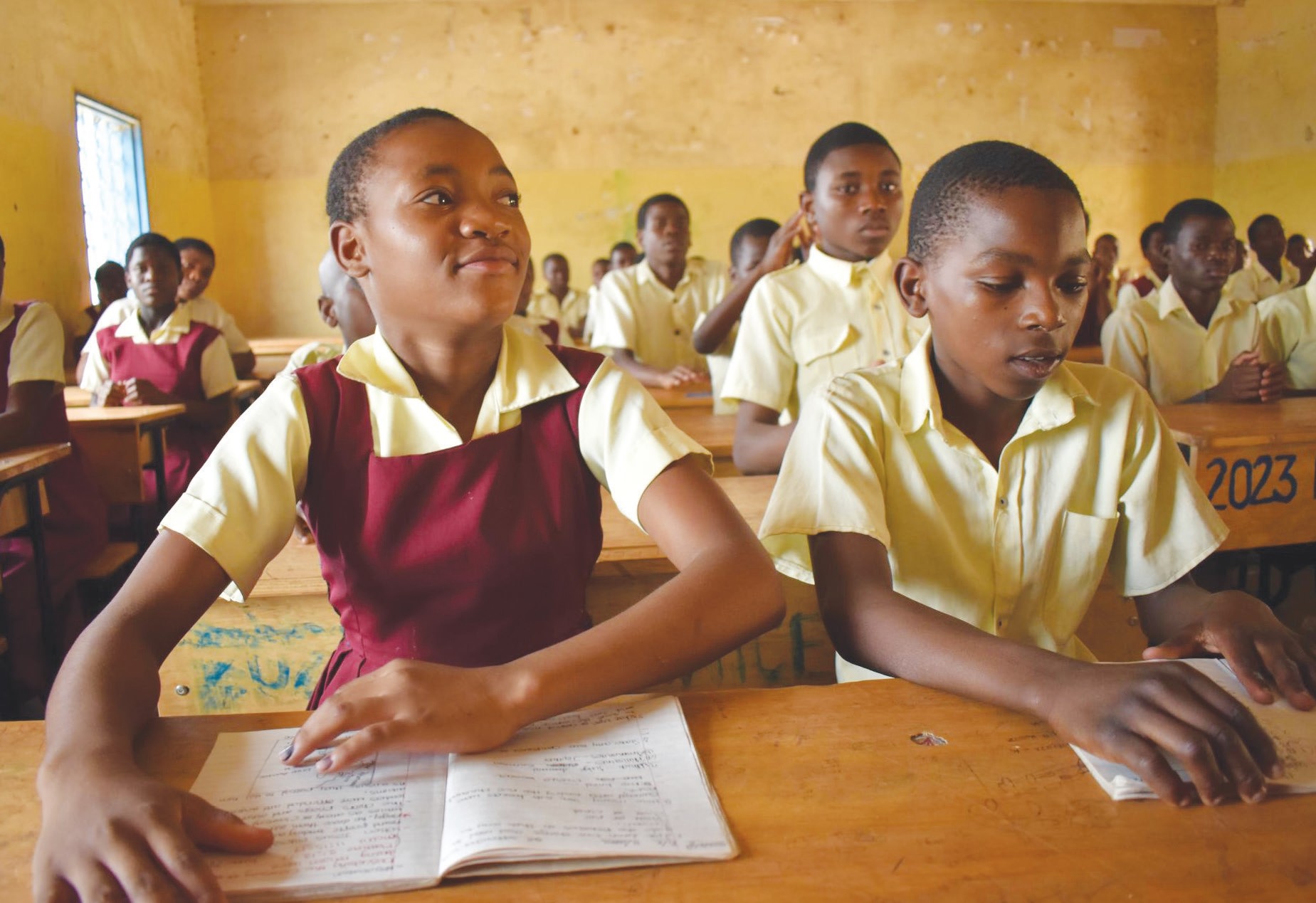Why always Catholic schools?
From the 1960s to date, Catholic secondary schools have been unwavering in defining and maintaining academic excellence in the country. What is their secret and what can government schools learn from them? EPHRAIM NYONDO writes.
His lectures are live and mind-boggling. Logical in delivery, candid in thought and fearless in interpretation, Professor Wiseman Chijere Chirwa’s history lectures are historical in every aspect.

A scholar with a deeper orientation of social and economic histories of developing nations, Professor Chirwa has taught in various universities of colour, has researched wide and vast and has published in various international journals of reckon he, sometimes, cannot even recall.
But to get this pinnacle of academic relevance, Professor Chirwa traces it all to one institution: Chaminade Secondary School in Karonga District.
“It is the school that gave me the values of intellectuality. I learnt to question the ordinary, to always look for better ways of doing things and to be unwavering to mediocrity,” he says.
He adds that his school was not just a leader.
“We ruled in drama, sports—remember Kinna Phiri who, while a student, could be flown to play in the national team?” he says.
He attended Chaminade from 1975 to 1979. Thirty-five years later, Chaminade continues to shine.
The question—just like the one we earlier asked about Saint Mary’s Secondary School in Zomba—is: What is it about Chaminade? Both being schools managed by the Catholic Church, the answer to the question would, then, not tell us more about the academic uniqueness of either Chaminade or Saint Mary’s.
It will tell us more about how Catholic secondary schools are managed in the country.
The Catholic Church—through the Catholic Education Commission in Malawi (Cecom) which is an arm of the Episcopal Conference of Malawi (ECM)—oversees provision of education in 1 538 Catholic primary schools, 14 national Catholic secondary schools, 127 Community Day Secondary Schools (CDSS), more than seven technical colleges, two teacher training colleges (TTC) and two universities.
Their 14 national secondary schools have been leaders in sending hundreds to the country’s public universities.
For instance, all the 68 that sat for Malawi School Certificate of Education (MSCE) examinations this year at Marist Boys Secondary School in Dedza have passed. The first got seven points and the last got 19 points.
Catholic girls’ secondary schools have also dominated the Zodiak Broadcasting Station (ZBS) scholarship awards to girls to study medicine in China. For five years, these events have been held at Catholic girls’ secondary schools—they choose the best performing girls’ secondary school for that year as venue for the event.
At a time when the country’s education standards are increasingly dwindling, the story of the continued excellence of Catholic schools provides an opportunity for lesson sharing.
Professor Chirwa argues that there is a lot that government can learn in managing education from Catholic schools’ experience.
Using his experience at Chaminade, Professor Chirwa—who once served as a commissioner at Malawi Human Rights Commission (MHRC)—said Catholic schools do not compromise on maintaining standards.
“They always look for best results. Their goal is individual transformation not just passing examinations. As a result, both teachers and students, drilled in professional values, strive towards it,” he says.
He adds that people who are given the power to manage these schools—in this case head teachers—view education as a calling.
“The Marianist Brothers in our times took education as a calling. So their interventions at the school reflected that view.
“They were very strict with issues of discipline, smartness, tidiness, just to mention a few. I came out of Chaminade as a person with values of hard work, discipline and in search of the hidden truth. These are the values that defined who I am today,” he says.
Cecom’s national education programmes coordinator Steven Ndhlovu—a student of Professor Chirwa—adds that disciple in Catholic schools is non-negotiable. “We ensure that students strictly follow school rules and regulations and attach stiff penalties to breaking them,” he says.
He adds that Catholic schools ensure that teachers are well looked after.
Beyond provision of good houses, teachers are rewarded for producing distinctions and strong credits, something that motivates them to work hard to be the best among the rest, adds Ndhlovu.
He also adds that they make sure that their schools have not less than a minimum of the required teaching and learning materials.
Being schools driven by religious philosophies, Catholic schools are built on Christian teaching and beliefs, explains Ndhlovu.
The combination of these factors, Ndhlovu and Professor Chirwa concur, have built a culture of good performance—something new teachers get easily assimilated to.
To share these lessons, Cecom will, by the end of this year, document its success in all its schools over a period of 10 to 15 years.
“We believe we have a model—one which has proved to work in provision of quality education in Malawi. Therefore, we would like to document this model and work with partners to replicate it in other schools in Malawi. We will work closely with the Ministry of Education,” he says.
Perhaps that model would help struggling government schools to produce more professors like Chirwa.





